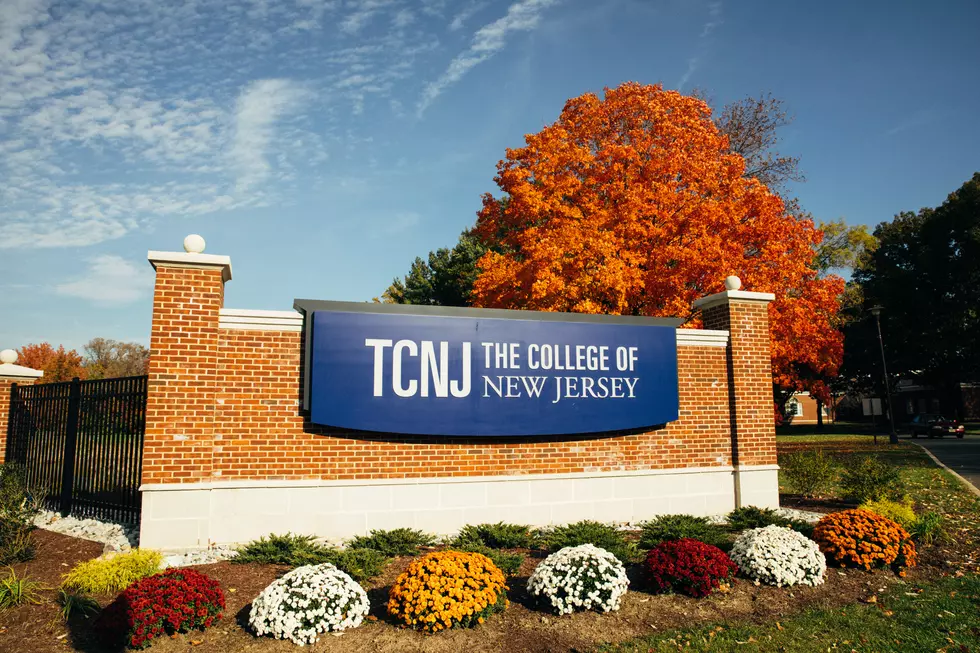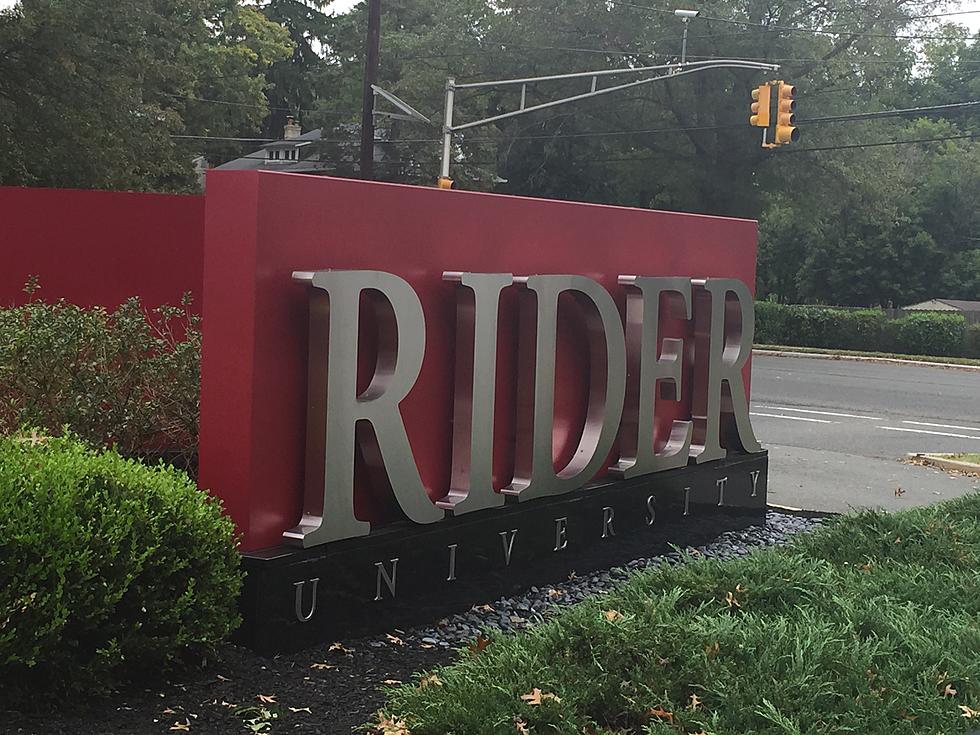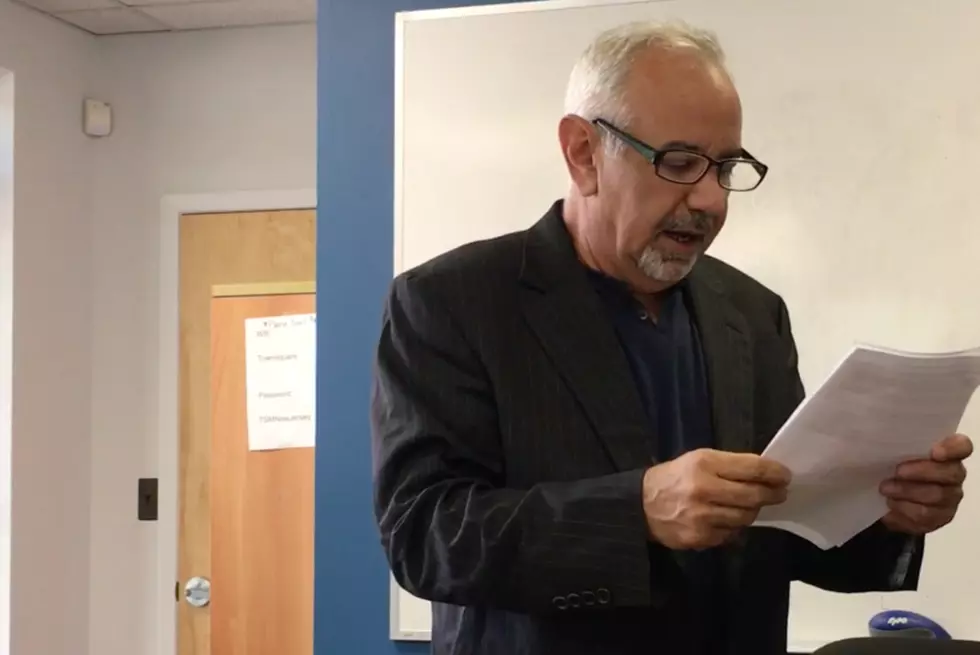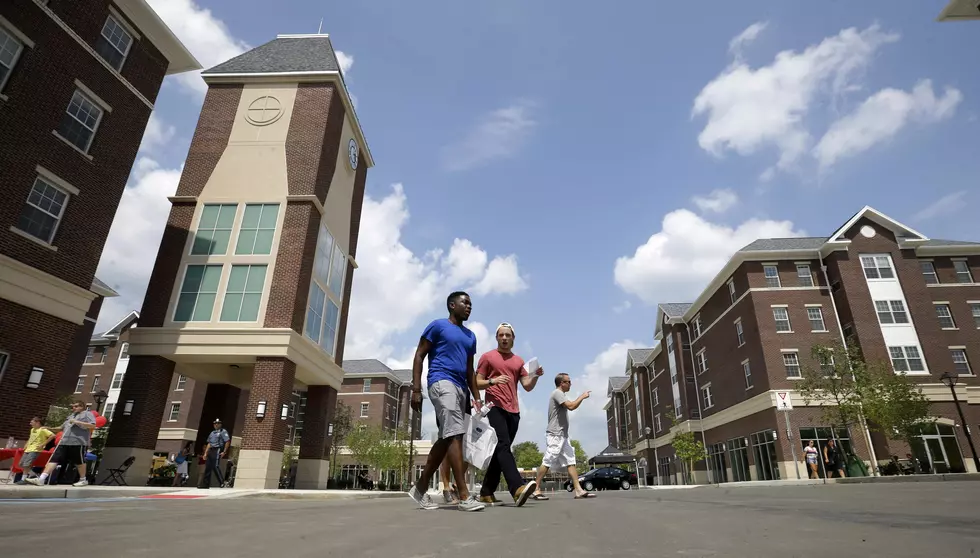
9 NJ colleges make Princeton Review’s list of 387 best in U.S.
New Jersey colleges and universities make up a little more than 2% of The Princeton Review's latest edition of the best higher-ed institutions in the country.
The Best 387 Colleges, available in book form but also free online, includes nine right here in the Garden State.
The 2022 version is the 30th edition of the publication, which is based solely on survey responses from students about campus life, the student body, academics and administration, and other topics.
"We had a little over 154,000 students complete it just this past year," editor-in-chief Rob Franek told New Jersey 101.5.
Drew University — Madison, Morris County
From the book:
Located in Madison, New Jersey, Drew University is just a hop-and-a-skip away from the New York City universe, and the school takes full advantage of its proximity to industry hubs. The 1,500 undergraduates have access to more than 60 majors, minors, and combined degree programs, and thousands of related internships, as well as lots of study abroad options.
The science departments are standouts—one of its fellows won the Nobel Prize for Medicine in 2015—and its top-ranked theatre program is “comprehensive in such a way that every graduate of the program will have at least tried every single part of the theatrical process.”
Monmouth University — West Long Branch, Monmouth County
From the book:
It’s far more than a “beautiful” campus— though that’s the way many attendees happily describe it—it’s also “great at opening new doors for students.” That comes from the institution’s responsiveness, such that “if there is a problem, Monmouth staff is quick to resolve it and come to your aid.” It also comes from their foresight, with numerous career- and success-minded initiatives and resources, particularly when it comes to tutoring or writing services. There are also a lot of popular volunteering opportunities, with “service trips to Haiti and Guatemala.”
The meat-and-potatoes coursework is also praised by undergrads, who note there’s a “great variety of course offerings and programs” many of which prioritize “hands-on experience.” Additionally, students say that “small class sizes help the learning experience” and “allow you to develop a good rapport with your professors.”
New Jersey Institute of Technology — Newark, Essex County
From the book:
At the New Jersey Institute of Technology, students are “learning on an ivy league level,” getting “practical career-focused education” at “a fairly affordable price.”
Among NJIT’s roster of extra-curriculars are also Greek life, student government, “where we can actually make a difference as students,” cultural clubs, environmental clubs, professional business and architecture organizations, and community service opportunities.
Princeton University — Princeton, Mercer County
From the book:
It’s not surprising that most undergraduates are “driven, competitive, and obsessed with perfection.” That’s because Princeton students emphasize that “Academics come first,” which is typified by “a tendency to overwork” and dedication to studying.
While you may be taking a class from a Nobel laureate, “the humility and accessibility of world-famous researchers and public figures is always remarkable.” At Princeton, “there are so many chances to meet writers, performers, and professionals you admire.”
Rider University — Lawrenceville, Mercer County
From the book:
Rider University focuses on enriching its students not only through academics, but through encouraging students to participate in a variety of engaged learning opportunities. The university’s location between Philadelphia and New York City offers “fantastic internship opportunities” as well as co-ops, and this experiential learning is an integral part of the Rider curriculum.
Rider is not branded a suitcase school (as in the past), and there are events planned every weekend throughout the year, from “comedians to fashion shows and everything else under the sun.”
Rutgers University-New Brunswick — Middlesex County
From the book:
No matter what students seek from their educations, they’re likely to find it here, from engineering to business to pharmacy programs and more. That kind of all-encompassing diversity means the school “offers everyone the opportunity to pursue anything they’re interested in.”
A big campus, “awesome” public transportation, and activities of every type mean staying active at Rutgers is easy. There is certainly no lack of things to do.
Seton Hall University — East Orange, Essex County
From the book:
Founded in 1856, Seton Hall University is a Catholic school offering students “a chance at an affordable, quality college education” composed of challenging coursework and a “diversity of programming.” The school “has a very high employment rate,” and “the financial aid is wonderful.”
This is a “big name and small community atmosphere” in which the “empowered and ambitious students” are “fairly diverse in regards to race” and “eager to jump start their careers.”
Stevens Institute of Technology — Hoboken, Hudson County
From the book:
Indeed, there’s much talk of the “high job placement rate” and overall “return on investment,” particularly within the “rigorous but fair” physics classes and the “strong engineering department.” But undergrads also find the school itself to be “very collaborative and supportive,” with plenty of attention given to teaching about the “work ethic and moving past perceived failures.”
Life at Stevens can be hectic in the best way, which is to say that there’s so much to take advantage of. Students are often “running around to different events, club meetings, eboard meetings, study groups, classes, etc.,” and you’ll likely find every sort of topic covered, whether it’s the poker or anime club, the society of women engineers, or intramural sports like floor hockey.
The College of New Jersey — Ewing, Mercer County
From the book:
A strong liberal arts curriculum forms the core of an education at the beautiful College of New Jersey, where almost 7,000 undergraduates can choose from more than fifty programs spread across the college’s seven schools.
The TCNJ campus is “very beautiful and very unified,” and students can walk everywhere (first-years aren’t allowed to have cars). Students typically have Wednesdays off, during which time they schedule meetings with professors, attend a study group, or just relax.
Contact reporter Dino Flammia at dino.flammia@townsquaremedia.com.
Census 2020: The 20 biggest places in New Jersey
NJ towns and their nicknames
More From New Jersey 101.5 FM









